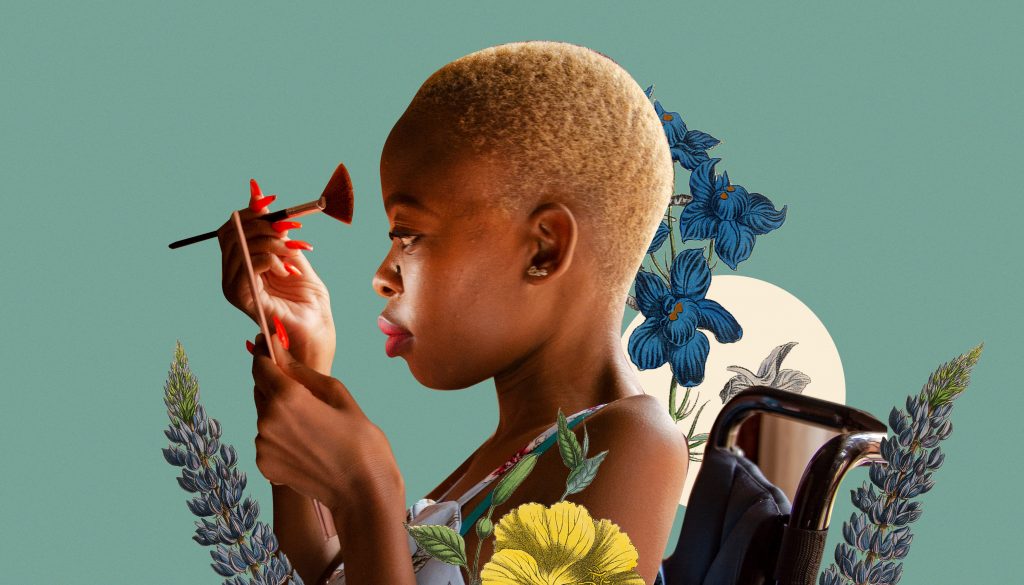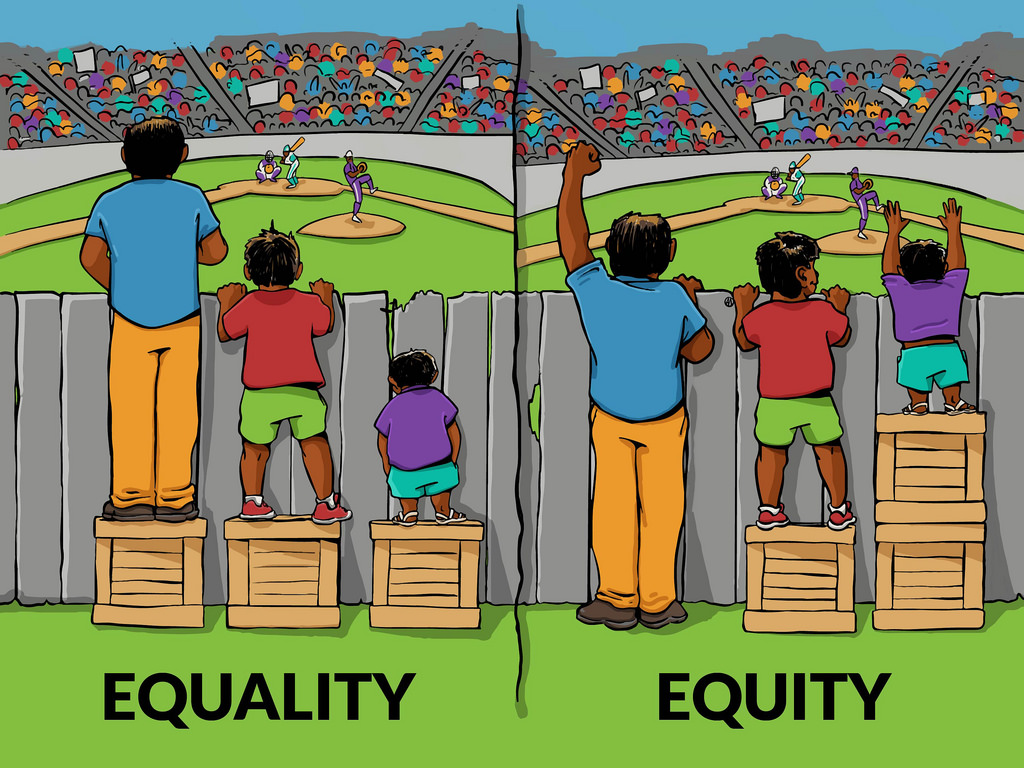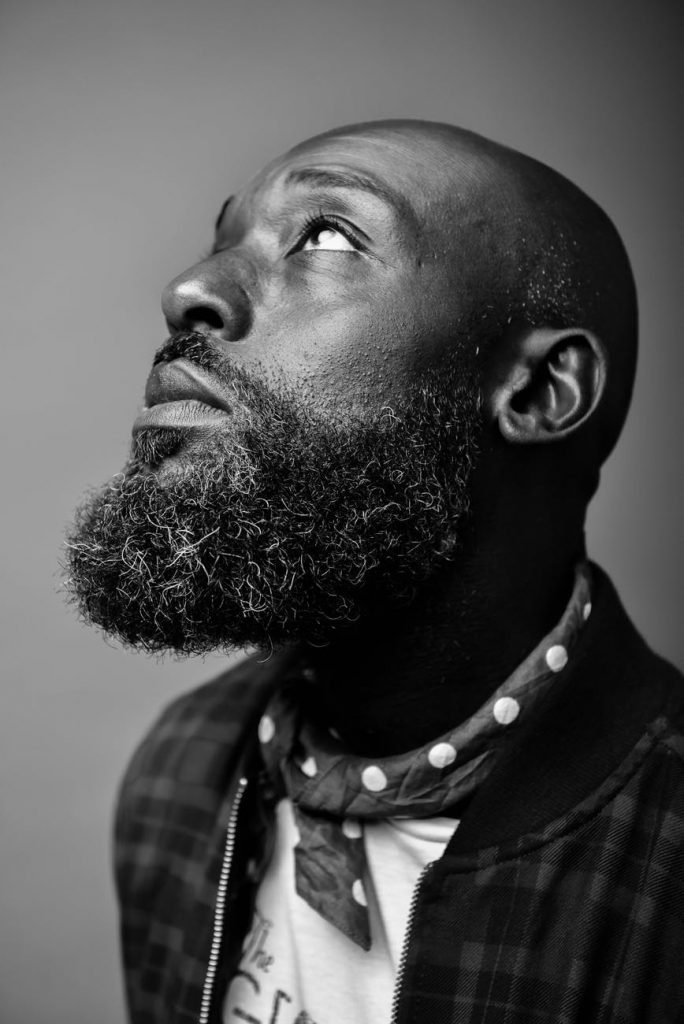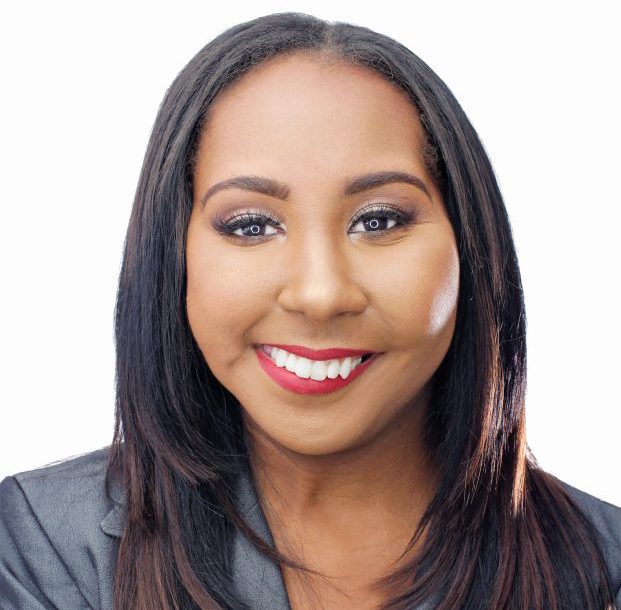Disability it is one of those topics that fall within the intersection of health and social sciences. How the disability community is structured, supported, and even developed depends holistically on the delicate balance of medical intervention and societal inclusion.











